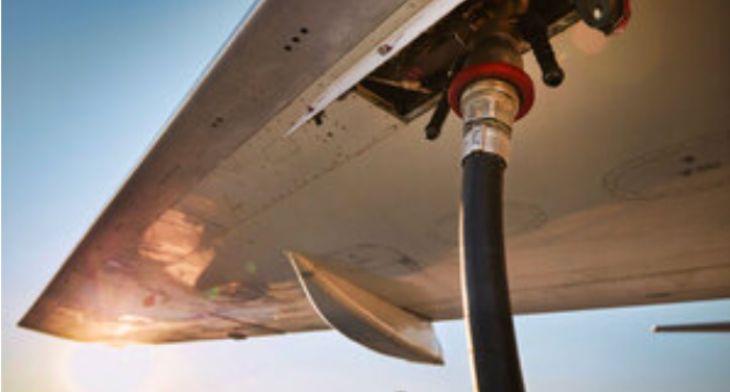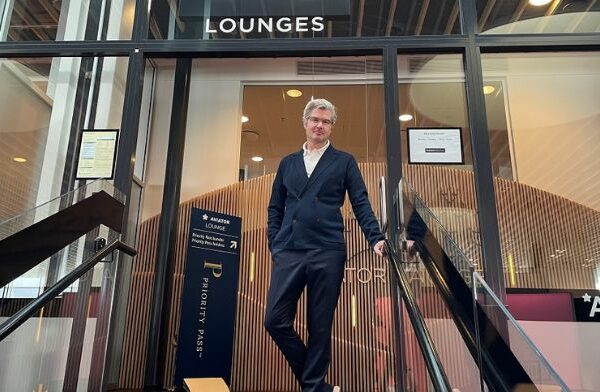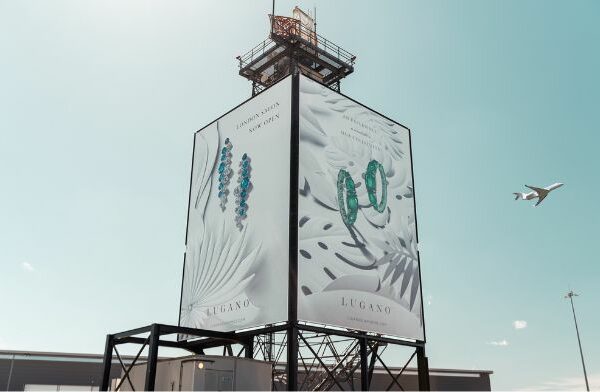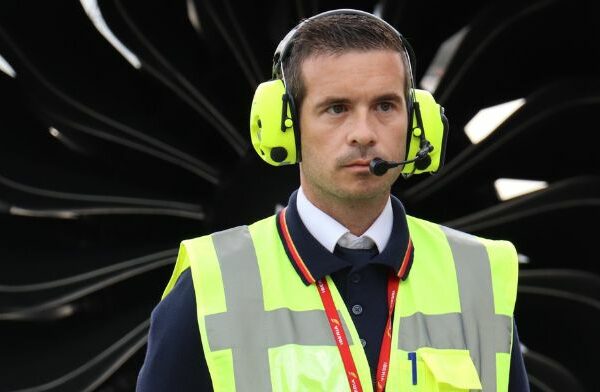


With the UK currently half way to achieving net zero, the UK Government has confirmed targets through its Sustainable aviation fuel (SAF) mandate to ensure 10% of all jet fuel in flights taking off from the UK comes from SAF sources by 2030.
The SAF mandate, which subject to parliamentary approval, will come into force in January 2025, will be one of the first in the world to be put into law. It follows the world’s first commercial 100% SAF transatlantic flight, which took off in November last year and was backed by up to £1 million in government investment and the plans are widely welcomed by airports, airlines and SAF producers throughout the country.
Karen Dee, Chief Executive of the Airport Operators Association (AOA) said: “SAF is a key part of the decarbonisation of air travel and a domestic SAF industry will crate jobs, wealth and help the UK secure its energy independence. We are pleased that the government has brought forward proposals for a mandate and revenue certainty scheme, that will send the message to investors that the UK is serious about developing its own production facilities. Government and industry must now work together to keep this momentum towards delivery going so that we can grow sustainably and meet our carbon targets.”
With the UK SAF industry estimated to add over £1.8 billion to the economy and create over 10,000 jobs across the country, the government’s ambitious but “achievable” targets will see around 1.2 million tonnes of SAF supplied to the UK airline industry each year – enough to circle the globe 3,000 times.
“SAF protects the future of UK aviation, the thousands of British jobs that depend on it and the holidays and business travel flights that we all rely on,” said Transport Secretary Mark Harper.
Underlining that SAF is currently more expensive than traditional jet fuel, the government’s approach is to ensure that the rationing of flights through ‘demand management’ is ruled out.
The plan includes a review mechanism to help manage prices and minimise the impact on ticket fares for passengers. The government also has the power to change key limits within the mandate to block higher price rises in the case of SAF shortages -keeping the impact on consumers to a minimum. Providing sufficient SAF is available, any increases in air fares as a result of SAF will fall well within the range of usual fluctuations in prices seen every year and the government has plans in place to prevent any major price hikes.
Harper added that the government measures “will give both UK aviation and the UK SAF industry the certainty they need to keep creating skilled British jobs while giving passengers the freedom to continue travelling by air in a way that’s fit for the future.”
The government has also introduced a consultation into a range of options for a SAF revenue certainty scheme, which looks to guarantee revenue from SAF and provide new and existing producers and investors with the confidence to continue investing in the industry. The consultation includes a preferred option of a guaranteed strike price which guarantees a pre-agreed price of SAF supplied to the UK market – giving producers the confidence that they will receive a certain price for the SAF they make.
The mandate will also ensure SAF is created in ways that are better for the environment, encouraging techniques that turn renewable energy into fuel, known as power-to-liquid.
It will also incentivise the use of different types of waste to produce fuel, like sawdust and bark from forests, to tackle global issues such as deforestation, biodiversity and competition with food production – while placing a cap on fuel primarily made from cooking oil, which is the cheapest and most developed SAF pathway.
Image: Supplied by Gov.uk





